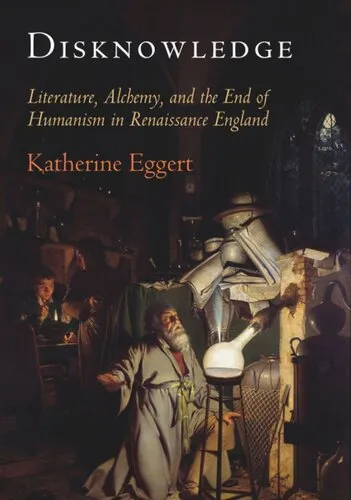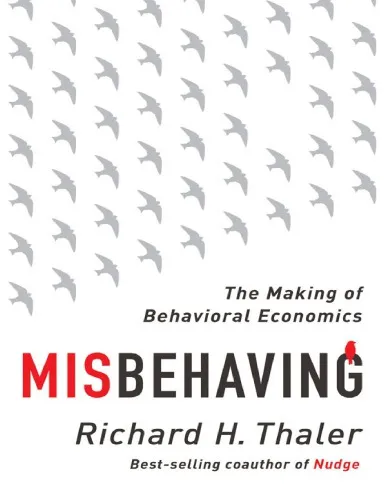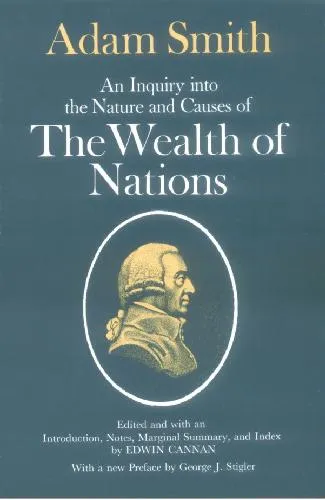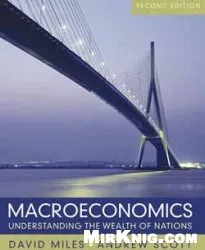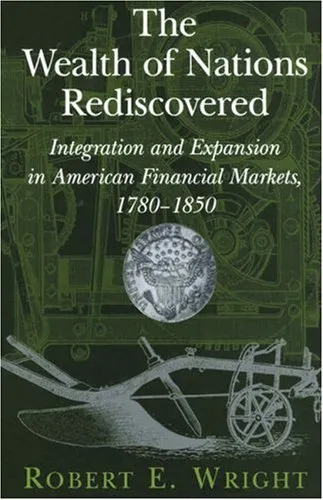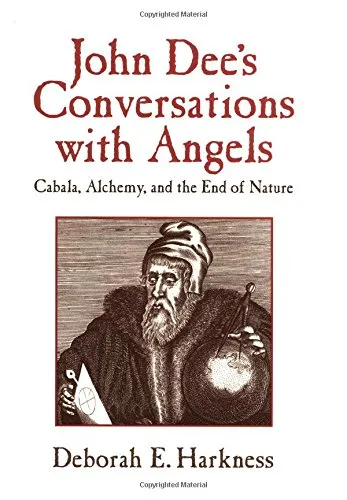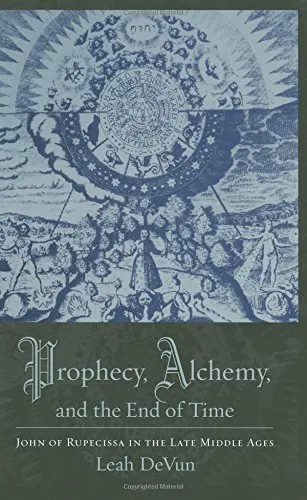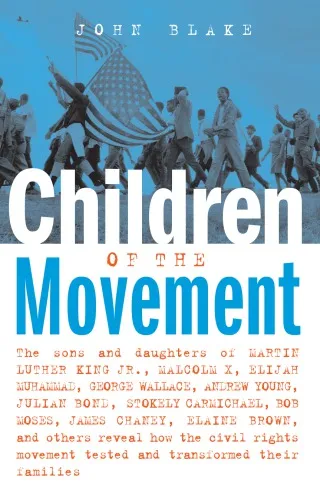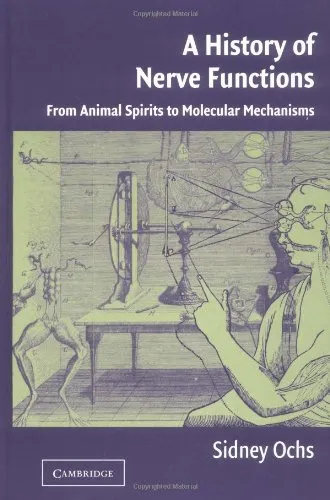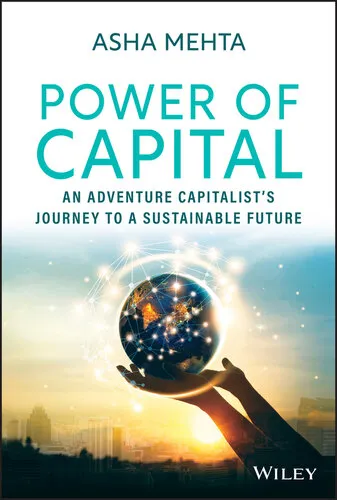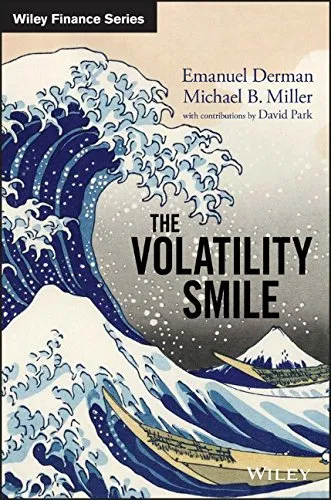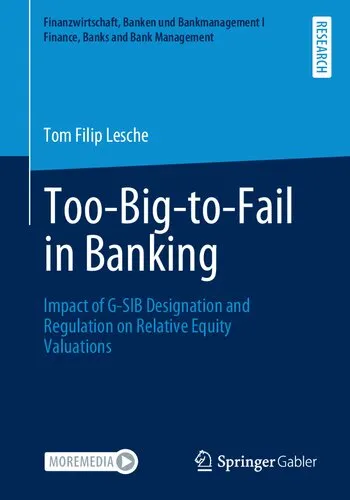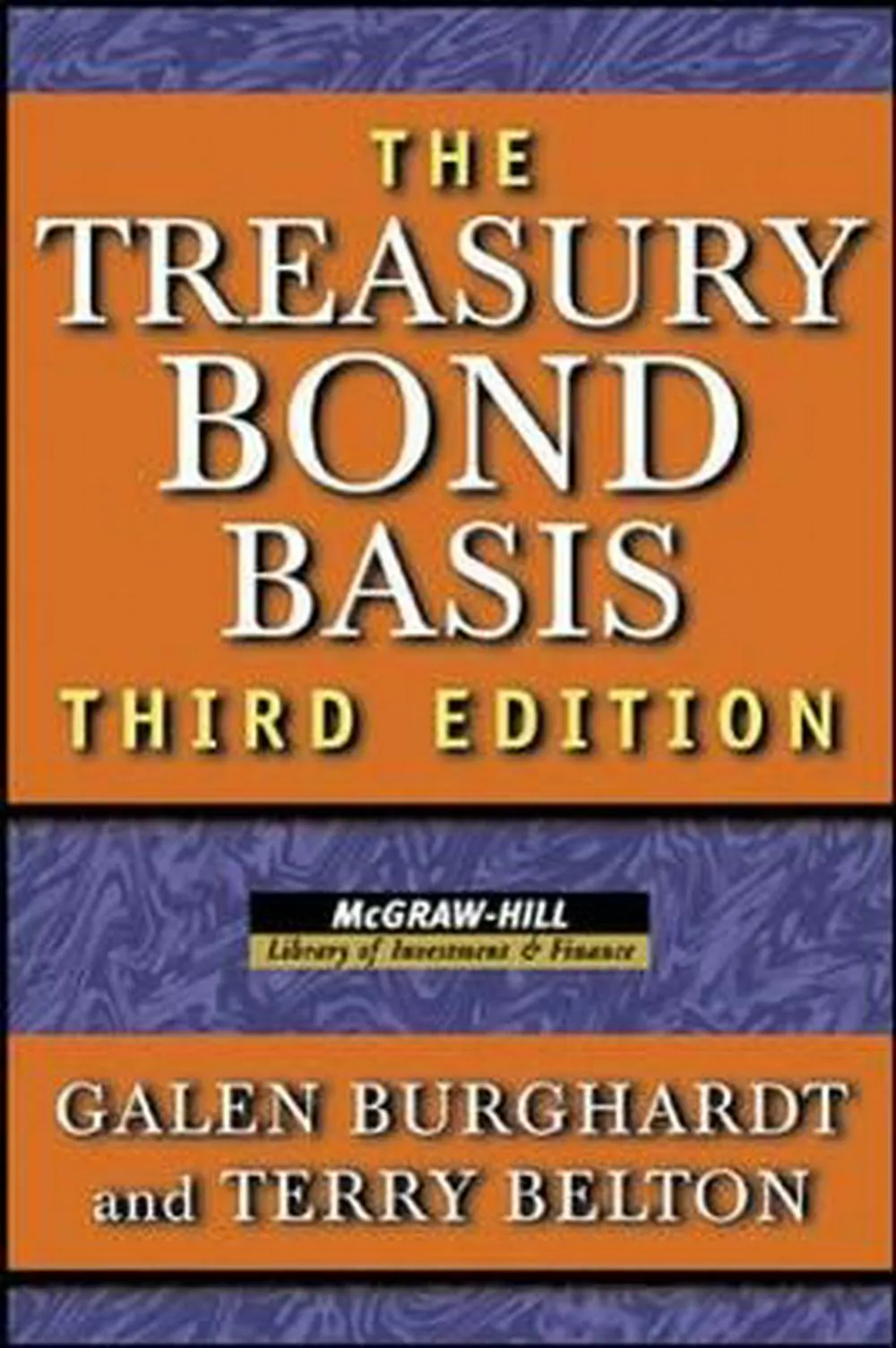Disknowledge: Literature, Alchemy, and the End of Humanism in Renaissance England
4.5
Reviews from our users

You Can Ask your questions from this book's AI after Login
Each download or ask from book AI costs 2 points. To earn more free points, please visit the Points Guide Page and complete some valuable actions.Related Refrences:
Welcome to a thorough exploration of the intricate intersection of literature, alchemy, and humanism within the context of Renaissance England, as presented in Katherine Eggert's insightful work, Disknowledge: Literature, Alchemy, and the End of Humanism in Renaissance England. This book delves into the curious phenomenon of "disknowledge" – the strategic unknowing or denial of knowledge — and its pervasive role across various discourses during a period of profound intellectual upheaval.
Summary of the Book
In Disknowledge, Eggert challenges the conventional narratives that glorify the Renaissance as a period of unalloyed rational enlightenment and fusion of old and new learning. The book posits that a significant portion of Renaissance intellectual history was dominated by a skepticism towards both the recovery of classical knowledge and the novelty of emerging scientific inquiry. Specifically, Eggert introduces "disknowledge" as a concept that encapsulates the strategy of deliberately suspending or subverting established and emerging knowledge systems.
Focusing particularly on the interplay between literature and alchemy, Disknowledge provides a fascinating account of how Renaissance thinkers navigated an increasingly complex epistemological landscape. The book dissects how alchemical metaphors and paradigms permeated literary texts, revealing an intellectual zeitgeist defined as much by what it refused to acknowledge as by what it sought to understand.
Key Takeaways
- The Renaissance was not solely a process of accumulating and glorifying knowledge but also involved a critical engagement with ignorance that was both strategic and productive.
- Alchemy served as a pivotal epistemological tool during the Renaissance, bridging the gap between the mystical and the empirical, between known and unknown.
- Literature was an essential medium through which concepts of disknowledge were explored and expressed, highlighting the complex relationship between text, belief, and knowledge.
- The end of humanism witnessed not merely the triumph of scientific rationalism but a transformation in the way knowledge itself was conceptualized and contested.
Famous Quotes from the Book
“Disknowledge is not a simple absence of knowledge but a proactive choice to sideline or obscure certain kinds of understanding that do not fit the desired narrative or utility.”
“In that convergence of literature and alchemy, discourses were formed that were at once deeply skeptical and deeply generative of the new paradigms of knowing.”
Why This Book Matters
Eggert's Disknowledge contributes significantly to our understanding of Renaissance thought by highlighting the paradoxes and complexities inherent in historical shifts of epistemology. By centering the concept of disknowledge, Eggert not only challenges the linear narratives of intellectual progress but also enriches the discourse on how we understand metaphors of science and literature as intricate, transactional, and deeply intertwined.
This book is crucial for scholars of the Renaissance, those interested in the history of science, literature enthusiasts, and readers curious about how knowledge and its counterpart, ignorance, have been wielded throughout history. As a work that stimulates dialogue about the nature of knowing, Disknowledge possesses enduring relevance, especially in an era that continues to grapple with misinformation and the politicization of knowledge.
Free Direct Download
You Can Download this book after Login
Accessing books through legal platforms and public libraries not only supports the rights of authors and publishers but also contributes to the sustainability of reading culture. Before downloading, please take a moment to consider these options.
Find this book on other platforms:
WorldCat helps you find books in libraries worldwide.
See ratings, reviews, and discussions on Goodreads.
Find and buy rare or used books on AbeBooks.
1347
بازدید4.5
امتیاز0
نظر98%
رضایتReviews:
4.5
Based on 0 users review
Questions & Answers
Ask questions about this book or help others by answering
No questions yet. Be the first to ask!
